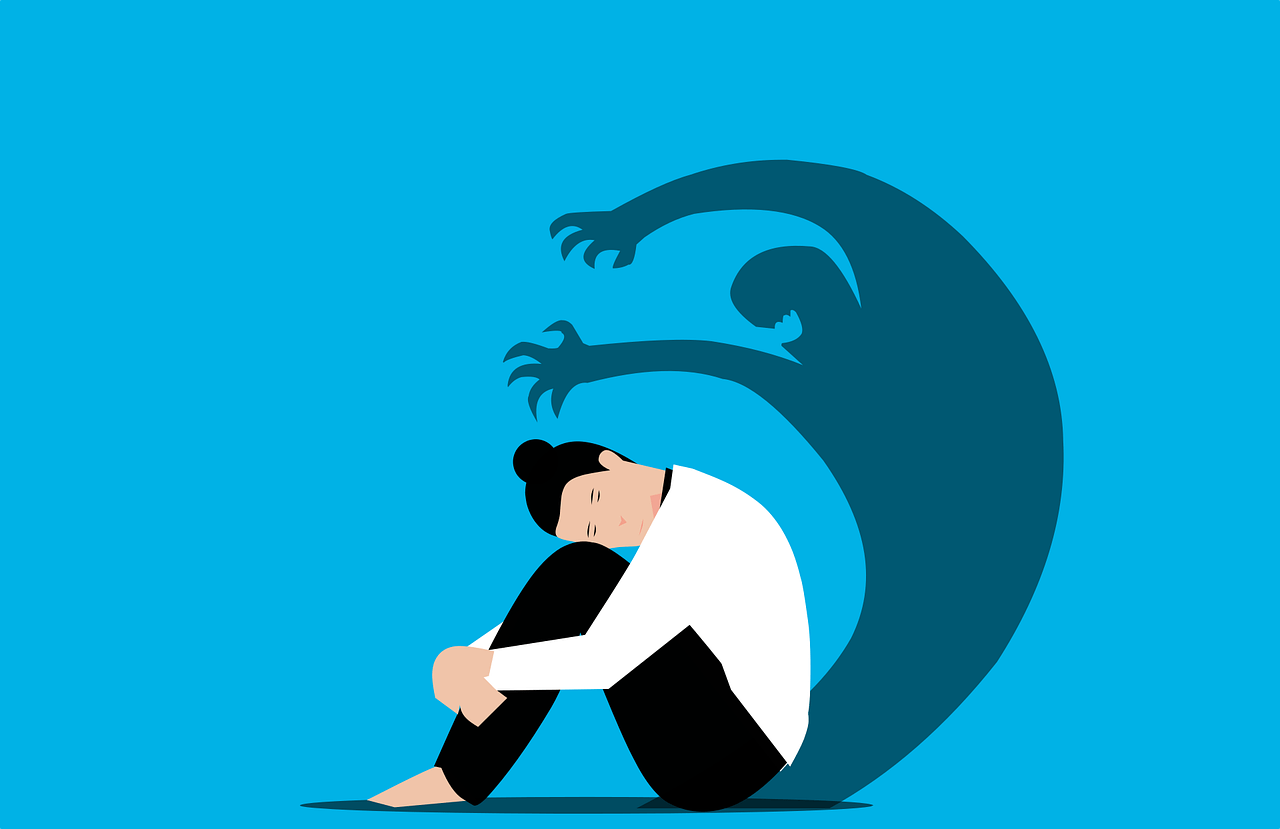As we go into the winter months, the days get shorter and the nights get longer so understanding and acknowledging seasonal affective disorder (or SAD) is vital. SAD (a fitting acronym) is better known as ‘winter depression’ because the symptoms are usually more apparent during the winter.
When I was about 15, I was a very happy, healthy student at boarding school. I did well in exams, had a big friendship group, and generally really enjoyed my studies. But when it started getting cold and dark, I noticed I had started to feel really down for long periods of time. I stopped enjoying things that I usually loved, like going to the café with my friends, or going to play rehearsals, and generally felt tired all the time. I couldn’t put my finger on what had caused this, but as the summer came back round, I reverted into my social, bubbly self. To my horror, the feeling came back the following winter and it got a little worse. I felt worthless and would cry all the time. I put it down to exams and hormones and to be quite honest, it probably was partly due to that. But when my friends started to notice the difference in me, I went to see a councillor. This was the first time I had heard of SAD, and as soon as she explained it to me, I really resonated with the symptoms. For me this was a massive relief; I had a reason for my change in moods.
In terms of what causes SAD, the main theory is that a lack of sunlight can stop the part of the brain that affects production of melatonin, serotonin, and your circadian rhythm from working. All of these have massive effects on mood, appetite, and sleep schedules.
If you think you might be suffering from SAD, don’t panic! You’re not alone. In fact, SAD affects 2 million people in the UK. There are many different coping mechanisms, it’s just about finding which ones work for you. So here are some top tips:
Food and Exercise
Food is a source of energy and eating the right things can actually help with SAD, by making you less tired. Eating a balanced diet is really important, and simple carbs are a great source of energy – so that gives you a reason to eat lots of pasta! Our physical and mental health are closely linked, so keeping fit is really vital for energy levels and overall mood. If you’re a gym bunny, then great! But a simple walk in the fresh air can also be effective. I find it has helped to aim for 7,000 steps a day – it gives me a goal to aim for, and it feels great when I reach the goal, and even better when I achieve even more steps. So, get those endorphins flowing.
Light
Get as much natural light as possible; if you’re struggling with that, there are loads of light boxes available that are designed to simulate sunlight. The benefits accumulate overtime, but about 2 hours a day most days can help to release serotonin.
Seek Advice
If you find all the ‘at home’ coping mechanisms or lifestyle changes aren’t working, then seeking help from your GP or other mental health services for advice can send you in the right direction for necessary therapy or medication.
Lastly, TALK! Talk to your friends, family, lecturers, society leaders, anyone! There will be support for you everywhere you look, even when you might think you’re alone.

